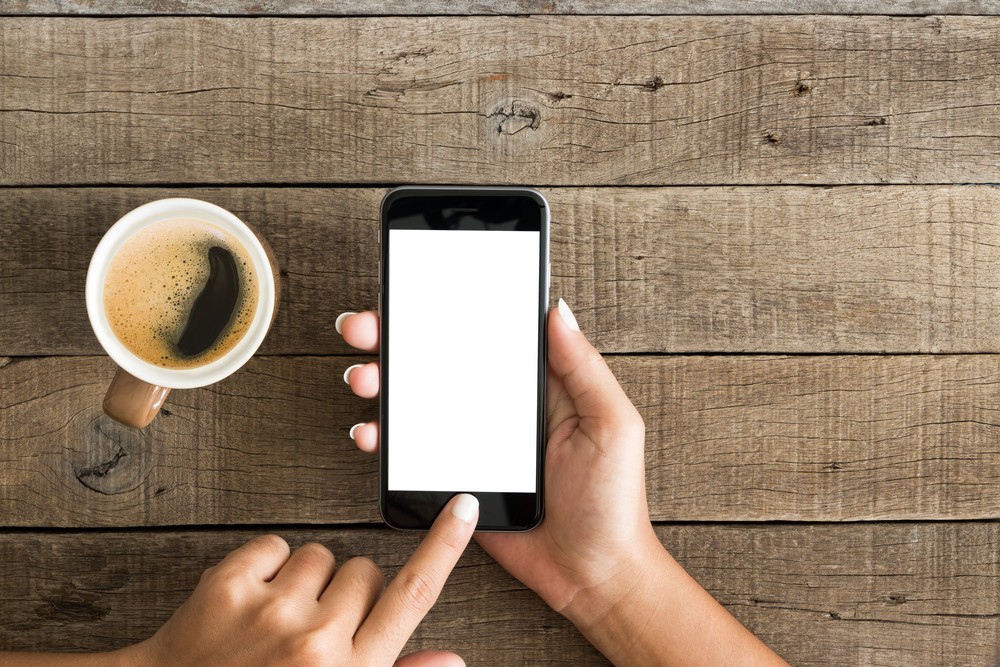Learning How to Help from 5 Phone Calls
Written by |

Nine months after my husband, Todd, was diagnosed with ALS, he entered a social media contest with a $100,000 grand prize to use to fulfill a dream. Contestants with the most votes advanced to the next round. Todd’s dream was to build a handicapped-accessible home near my parents. The home he envisioned would have windows overlooking a field. My parents would help me with the kids as the disease progressed and Todd needed care.
We rallied support online, and a local news reporter interviewed us. We brought awareness to ALS in our small corner of the world. After Todd’s story was made public, we garnered a lot of votes — and some interesting phone calls.
A health coach from New York claimed that ALS was curable. I told him I was Todd’s health coach and was open to ideas. But our conversation ended after I requested references from people he had cured.
A local guy, moved with compassion when he read our story in the newspaper, wanted to pray for Todd. He believed that God doesn’t want people to suffer, and God wants to physically heal them. In the event that he had a special channel to God, I was all for it.
I got a call from a woman who wanted to make sure Todd would go to heaven when he died. She asked a series of questions before determining our beliefs were satisfactory.
A man who was paralyzed called to tell us about the usefulness of no-rinse shampoo and body wash. It wasn’t something that was on my radar, because Todd could still shower daily with my help, but I filed the tip away in the back of my mind and it became part of our routine between shower days a few years later.
An elderly woman called Todd to tell him how sorry she was to hear the news. She said Todd reminded her of her son, who also had ALS.
Those phone calls typify many of the responses people have when they hear Todd’s story. The most helpful interactions are grounded in empathy. The root of empathy is the Greek word pathos, which is “to feel.” To have a conversation “in feeling” or “with feeling.”
I appreciate the conversations in which people listen and seek to feel with me. Oftentimes, those in similar situations are the best at it — like the elderly woman and the paralyzed man. Sometimes people, like the health coach, are too pushy in their approach.
Because we’ve been living with ALS for a decade, we’ve learned tips that may be helpful to others, so we make the effort to reach out like the no-rinse-shampoo guy did for us. But everyone’s journey with ALS is different, so what works for us might not work for others.
Other friends have problems that I don’t know much about. I try to remember that although my inclination is to offer my two cents, it is probably better if I just listen. And sometimes I slip into problem-solver mode with Todd when he just wants my empathy. I think that’s what we all want.
By the way, Todd got a lot of votes and advanced with 50 others to round two. He ultimately lost the contest, but he won the support of the community.
***
Note: ALS News Today is strictly a news and information website about the disease. It does not provide medical advice, diagnosis, or treatment. This content is not intended to be a substitute for professional medical advice, diagnosis, or treatment. Always seek the advice of your physician or other qualified health provider with any questions you may have regarding a medical condition. Never disregard professional medical advice or delay in seeking it because of something you have read on this website. The opinions expressed in this column are not those of ALS News Today or its parent company, Bionews Services, and are intended to spark discussion about issues pertaining to ALS.






Leave a comment
Fill in the required fields to post. Your email address will not be published.